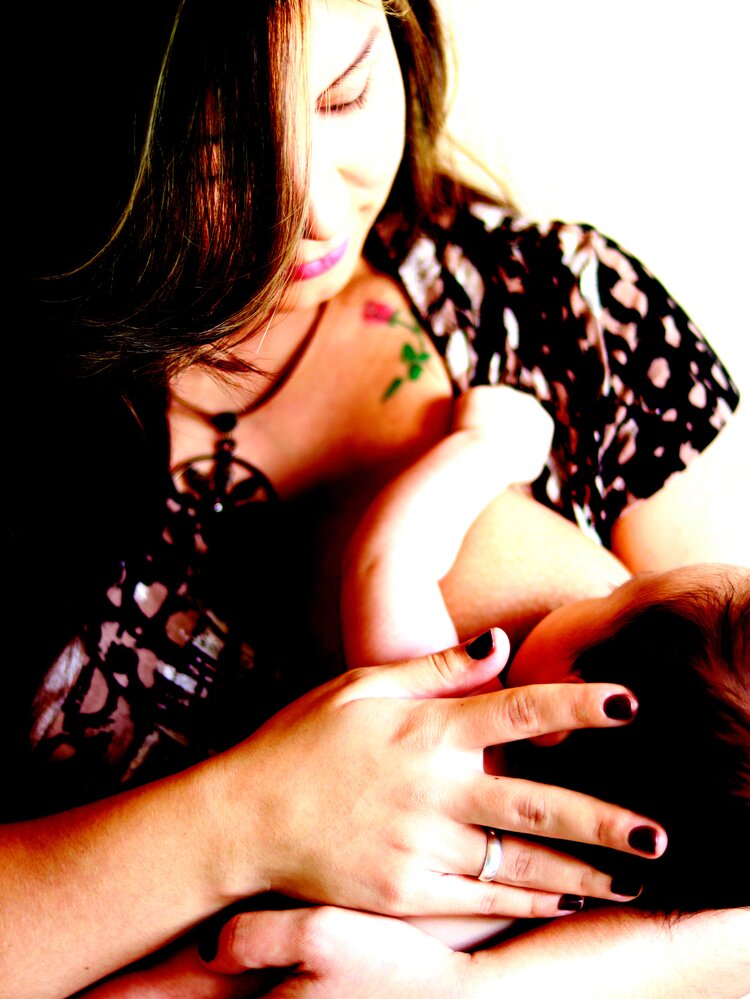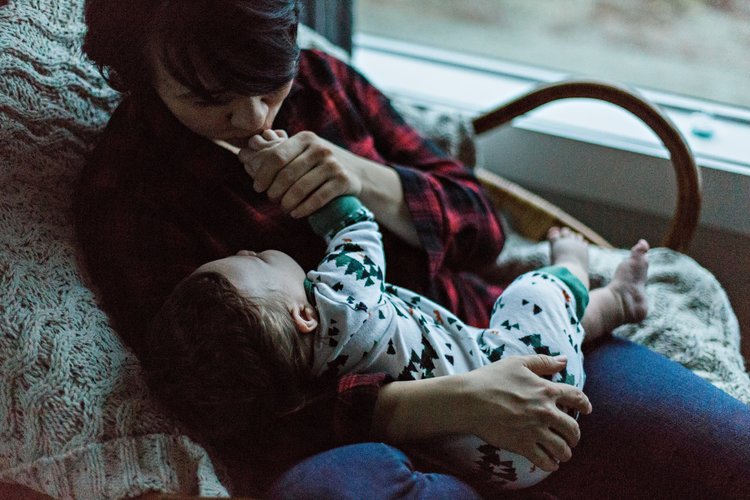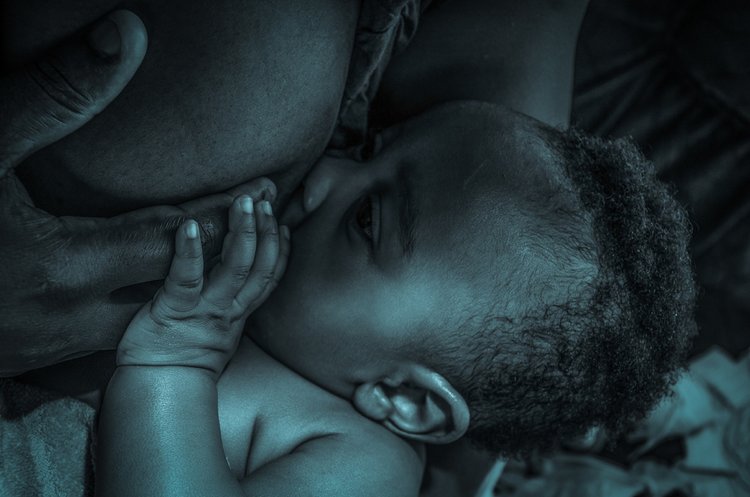
There are many different types of health care professionals who can help with lactation and infant feeding, whether you are feeding your baby your milk, donor human milk, or formula. In many cases, questions on this topic can be answered by your health care team. However, many health care team members receive only limited training in lactation and breastfeeding. So when complications arise, specialized services maybe needed. Insurance should cover some of these health care services although the type covered may vary. In some cases, the baby’s insurance may cover this care. It may be helpful to explore coverage in advance, such as during pregnancy.
Breastfeeding Medicine Specialists are licensed physicians who have additional training in lactation. They have completed medical school and post-graduate training in a specailty such as Pediatrics, Familiy Medicine, Obstetrics and Gynecology, or General Surgery. Fellows of the Academy of Breastfeeding Medicine have met additional criteria, including attending at least three breastfeeding medicine conferences and demonstrating professional experience caring for breastfeeding mothers and babies. You can search for members of the Academy of Breastfeeding Medicine here.
International Board Certified Lactation Consultants (IBCLCs) are considered the gold standard of lactation support professionals. They have a college education, pass clinical training, and a board exam and must complete continuing education and recertification. You can search for an IBCLC here.
WIC Breastfeeding Peer Counselors provide breastfeeding information and support. They need to have breastfed for at least 6 months and have participated in the WIC program. They receive 20 hours of training and ongoing education. You can learn more about WIC breastfeeding support here.
There are also certified lactation counselors, breastfeeding peer counselors, doulas, peer supports such as through La Leche League leaders and other various groups of people who have received training and have lived experience.
















